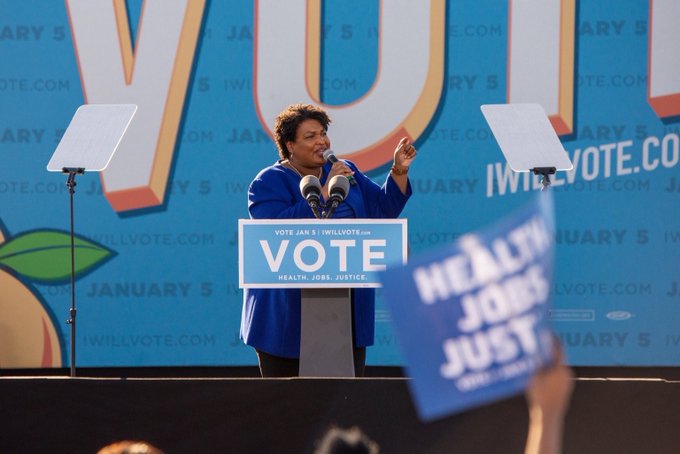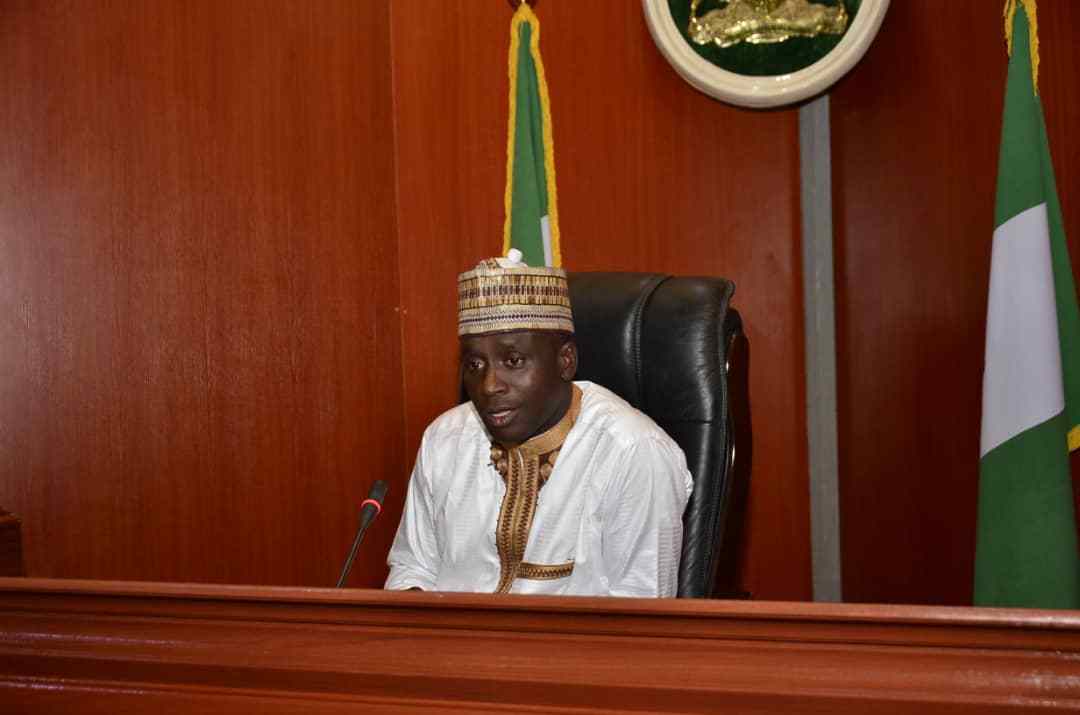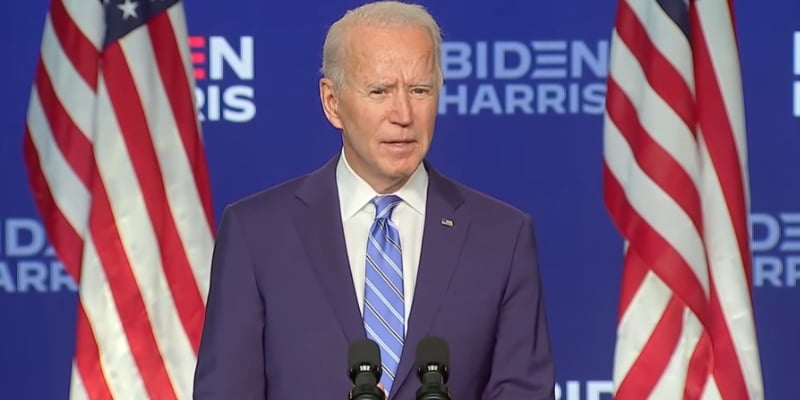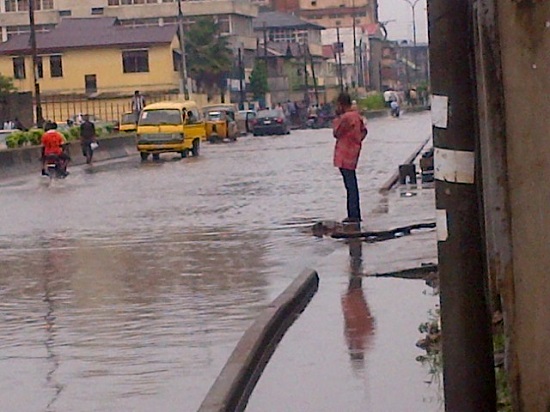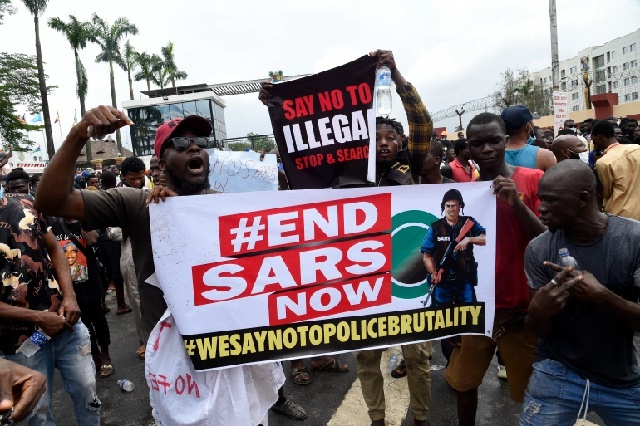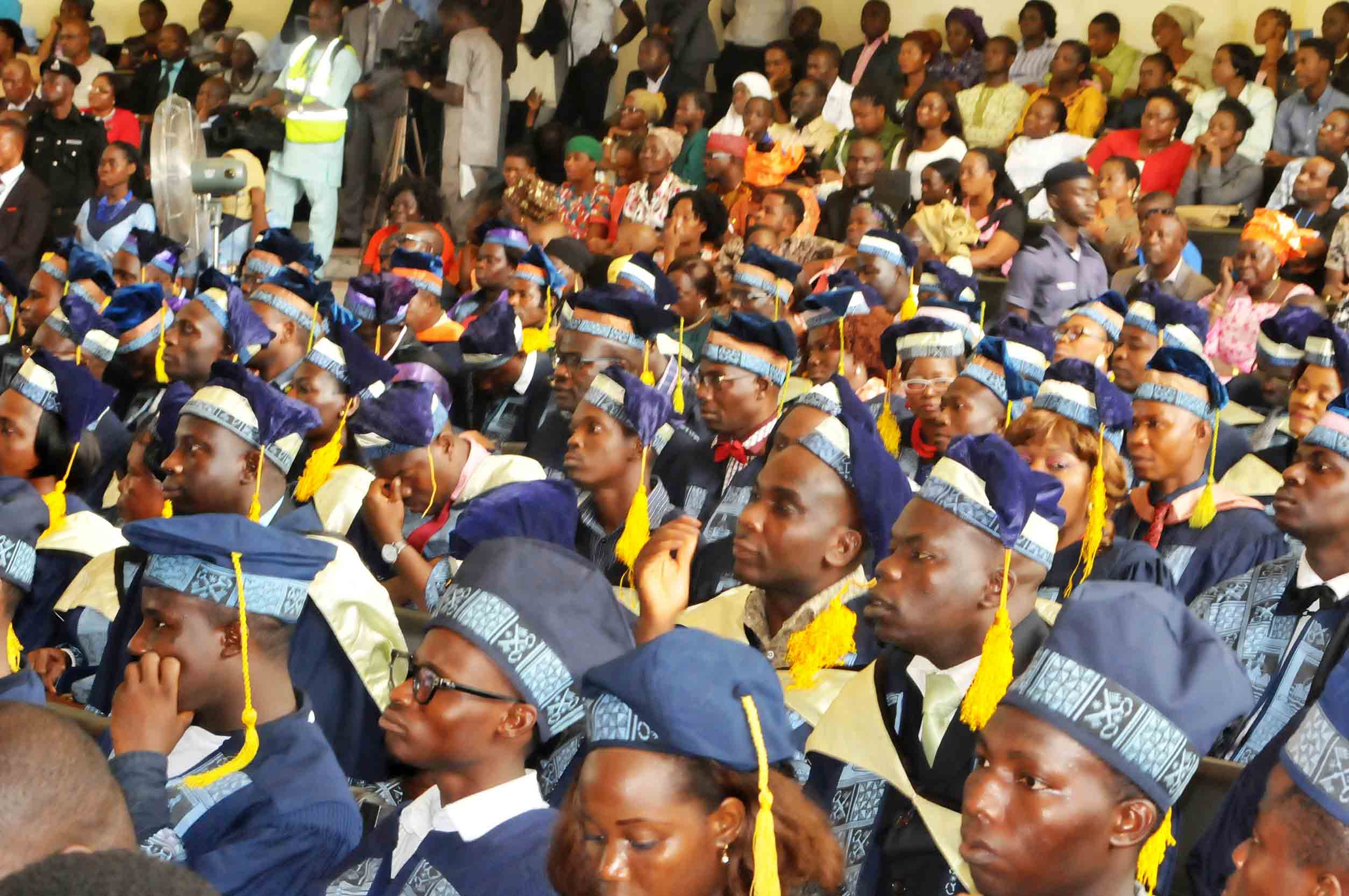BY MICHAEL DUGERI
Joseph R. Biden Jr. will be inaugurated on January 20 as the 46th president of the United States of America. His historic election was made possible in part to electoral inroads which the Democrats made in the state of Georgia. Georgia last voted for a Democratic president in 1992 (when Bill Clinton defeated George H.W. Bush). Biden’s recent win of Georgia is unique because he is the first Democratic president elected by Georgia in nearly three decades.
Expectedly, political observers have attributed the successes of the Democrats in the recent presidential and senate elections in Georgia to the work of Stacey Abrams. Abrams founded the voting rights organisation, New Georgia Project, in 2013 to increase voter registration and turnout among communities of colour in her home state. In 2018, Abrams was the first black woman to win a Democratic nomination for governor but lost by just 55,000 votes. Amid widespread concern that her loss was the product of voter suppression, Abrams took her initiative nationwide through Fair Fight, a nonprofit dedicated to protecting voting rights and fair elections. Abrams’ efforts have paid off visibly by the outcome of the recent presidential and senate elections in Georgia.
It is tempting for the average Nigerian elite not to want to care about politics. ‘My vote doesn’t matter’, ‘it’s too divisive’, ‘I don’t want to lose friends over political views’, are some of the common justifications for such attitude. In reality, however, politics is too important to ignore. Every aspect of our lives relates to government and politics in some way. David Foster Wallace once said that: “In reality, there is no such thing as not voting: you either vote by voting or you vote by staying home and tacitly doubling the value of some Diehard’s vote.”
Advertisement
When Stacey Abrams lost in 2018, she could have been discouraged from further participation in the electoral or even democratic process. Rather, she doubled down on her efforts to make the system more inclusive for her fellow Georgians, and in the process, laid the groundwork for her party’s stunning gains in Georgia. Speaking in an interview with Ryan Lizza, she said: “Back in 2019, I met with every major candidate who was running for president and I had two messages: one, voter suppression is real and it’s one of the reasons that we lost across the country. But two, Georgia is a competitive state and it would be malpractice to not pay attention. Luckily both of those messages broke through.”
Abrams adopted a fact-based approach to identify the challenges to bring about democratic change and through insight from big data, Abrams and her team applied solutions that have worked. This is the kind of real work that is often required for real change by the democratic process. In other words, the elite in Nigeria must walk the talk. Words alone are not enough; get your voter’s card (or regularise it, if need be) encourage someone around you to do the same; engage your local representative on some of the issues affecting your community; hold them to their campaign promises, etc.
Media reports have it that Abrams and her campaign manager, Lauren Groh-Wargo, in September 2019 drew up an influential 16-page document detailing trends in the state that could help Democrats. The report noted, among other things, that recent arrivals to the state had skewed overwhelmingly Democratic in recent years. “Voters of all races who had lived in Georgia for less than 10 years voted for Stacey Abrams by a whopping 30-point margin, 65% to 35%, according to a CNN exit poll. Each person who moves to Georgia and votes is almost twice as likely to vote Democratic than Republican,” the report reads.
Advertisement
The report also held that “the white share of the electorate had been steadily declining,” and the “African American share had been significantly growing,” as had the share of other voters of colour and those who declined to disclose their race. “In Georgia, as in other states, the race is often the strongest predictor of political leanings, which means that effective engagement of voters of colour, increased turnout of white voters with Democratic leanings and high turnout rates overall could tip the scales,” the report noted.
Abrams’ work in Georgia is evidence of what is achievable by even individual efforts, once there is clarity on the issues and determination to help in bringing about democratic change in our communities.
In Nigeria, all too often we congregate on mainstream social media platforms to lament about the ever-deteriorating leadership failures of Nigeria. These online engagements are sometimes meaningless chatter, with no potential for real political change. Far too few of us are prepared to take any concrete steps to bring about real democratic change in our communities. We assume that by constantly hurling insults at politicians and offering nothing but words of condemnation for Nigeria’s electoral system, we will create enough disaffection in the electorate towards the incumbents to make them choose our preferred candidates. This approach, however, only ends up creating voter apathy.
Politics is a powerful social construct; it influences everyone’s life and often, in very profound ways. Society and life are moulded by decisions taken by elected representatives. Laws, prices, only to name a few, are or have been influenced in a certain way by the political spectrum. In today’s society, it is imperative that each of us stays up to date with what is happening in the political world, and act upon it democratically.
Advertisement
We all have to do our bit to change the world for the better. To overcome our problems as a society, we all should do our fair share. A simple way to better understand your community’s problems and observe potential solutions is to involve yourself or volunteer in different activities. Doing so will let you have a better understanding of what’s surrounding you, and will make you have realistic expectations regarding your political leadership.
The vote is the most important tool in a democracy, and many people take it for granted. Direct participation of citizens remains the simple solution against declining voter turnout.
Nigeria’s population is young and fast-growing. According to the UN, it is expected to be the world’s third most populous country by 2050 with 400 million inhabitants. More than half of all voters (i.e. 51.1 percent) are between 18 and 35, according to INEC. General elections in Nigeria routinely record a below-average turnout, notwithstanding the frenetic pace of online engagements on the Nigerian social media space. Low voter turnout is not beneficial for Nigeria’s quest for credible elections and the strengthening of democratic structures, mainly because it creates loopholes for politicians to creatively redistribute unused votes to their advantage.
Voting and election are virtuous features of a modern democratic society. To appreciate the connection between voting and election, eligible voters must be enlightened and sensitised about their rights and obligations, the modus operandi of the electoral process, the informed and non-prejudicial choices they make during an election, amongst others. This is what is commonly referred to as “voter education”. By educating voters, they will meaningfully participate in elections, and turnout will also increase, thereby providing a framework for protecting, sustaining, and institutionalising a culture of credible elections and popular participation in governance.
Advertisement
Views expressed by contributors are strictly personal and not of TheCable.
Add a comment
